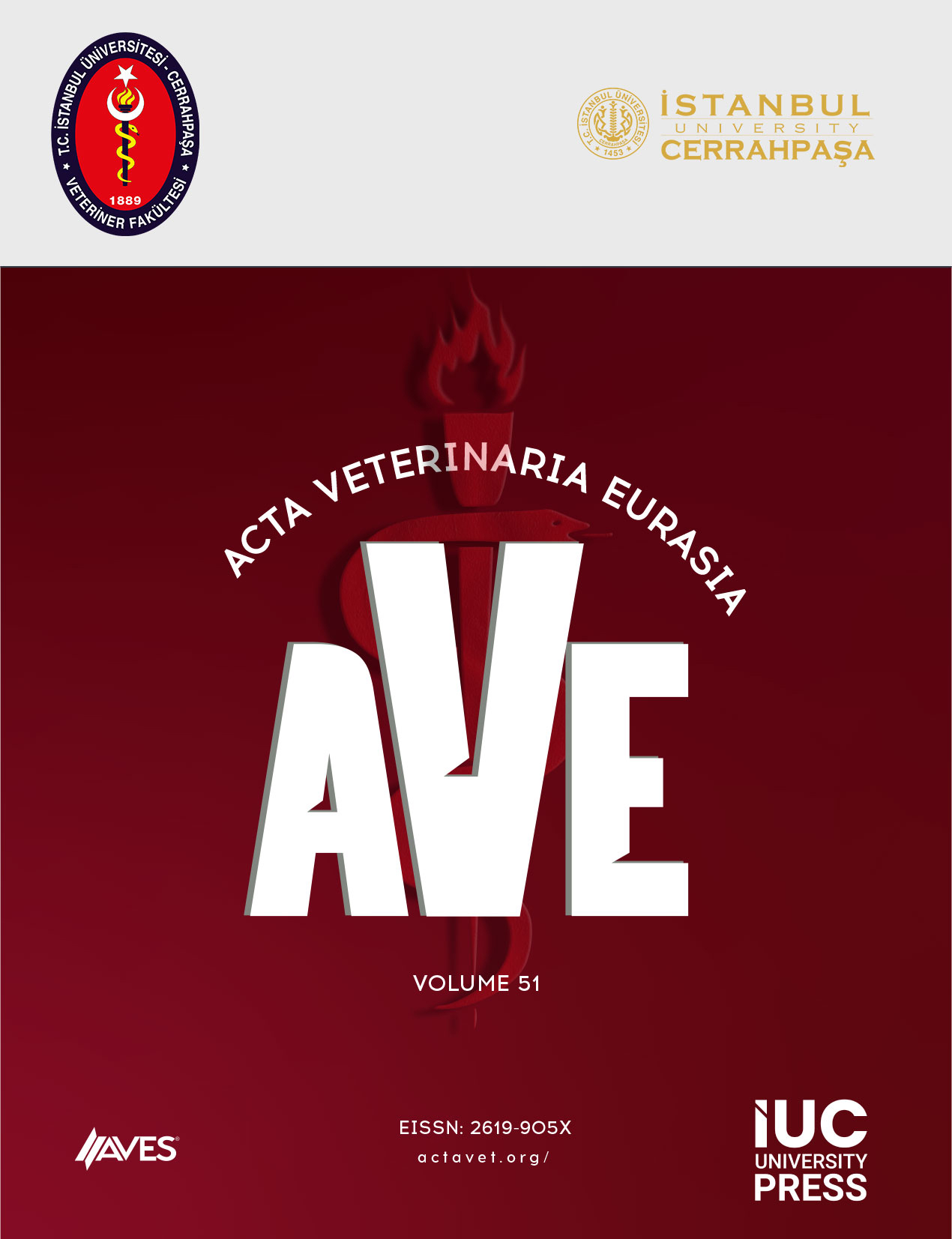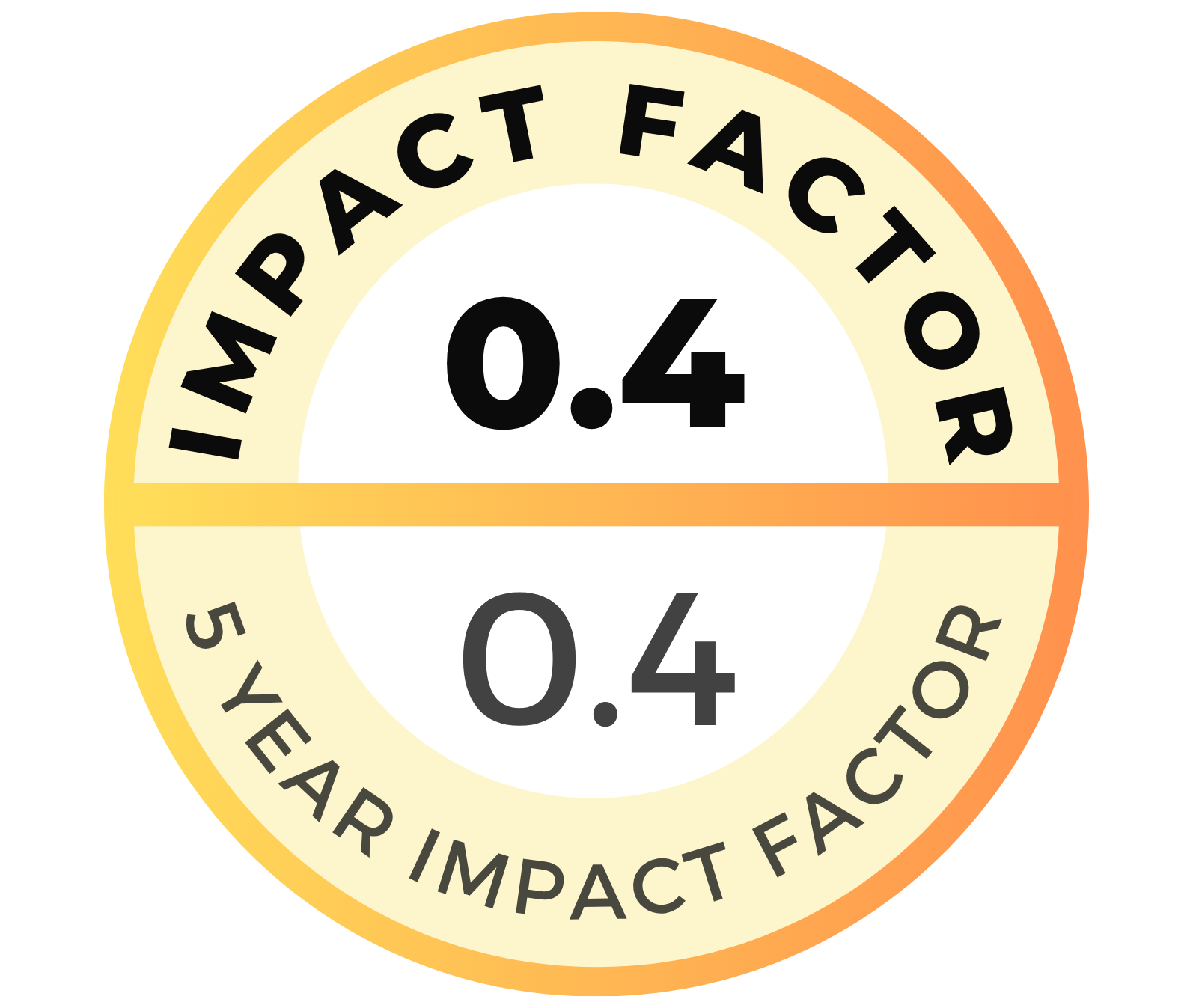In this study, we attempt to find out whether chronic low dose 3-Iodothyronamine (an endogenous metabolite of thyroid hormone) administration could modulate liver de novo cholesterol synthesis, the same as thyroid hormones. Eighteen male mice were divided randomly into treatment (n=10) and control (n=8) groups. The experimental procedure was applied for 7 days during which test group received T1AM whereas the control group received dimethyl sulfoxide and normal saline. The liver was analyzed for HMG-CoA reductase concentration and hepatic lipase activity whiles cholesterol, LDL and HDL concentrations were measured in the blood serum. There was non-significant decrease in HMG-CoA reductase concentration (224±21.2 versus 187±32.5) in test group compared to control. Interestingly LDL and cholesterol concentrations exhibited significant decrease in test group versus the control. There was non-significant decrease in hepatic lipase activity (771±316 versus 645±317) in test group versus the control. It appears that T1AM reduced serum LDL and cholesterol just like T3, in contrast, it decreased liver cholesterol biosynthesis contrary to THs.





.png)